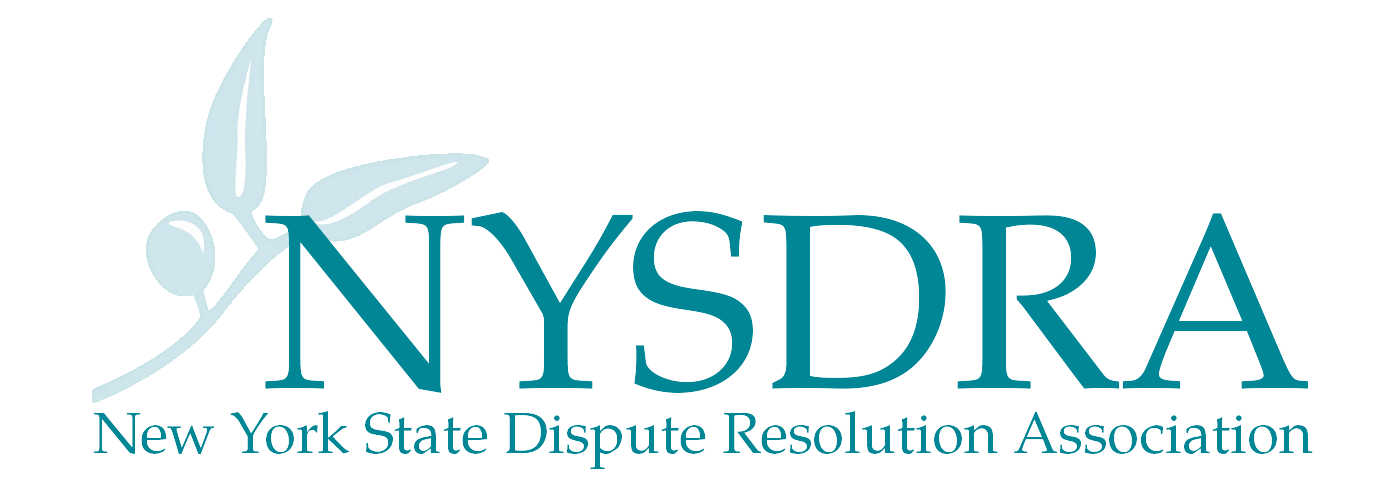Negotiation versus Mediation
Negotiation versus Mediation
Posted By Shari Greenleaf, Special Education Program Coordinator, Monday, January 22, 2018
There are some people who believe that mediation is just another form of negotiation; they couldn’t be further from the truth!
Negotiation
Negotiation is the process that two sides use to try to reach an agreement over a dispute. Negotiations can take a lot of different forms: unions and employers pounding out a new contract, haggling with a street vendor over the price of an item to purchase, or coming up with a payment amount to settle a lawsuit. Usually negotiation takes place between the two parties and there is no neutral party to help the parties come up with an agreement. Most importantly, often there is an inherent disadvantage to “showing your cards” or being too honest about the bottom line of your position. Each side in a negotiation is trying to get as much as possible and sharing information may get in the way of “winning” in the negotiations.
Negotiation is often useful for parties who are clear about their needs and have the capacity to articulate their position. Negotiation is useful for parties who are comfortable with the process and have been trained in how to engage in negotiate.
Mediation
Mediation, on the other hand, is a process that includes the participation of a trained neutral party (the mediator) who role is to provide a forum for the parties to communicate and create the solution to the dispute that exists.
A usual precept of mediation is confidentiality; nothing that is said or offered in mediation can be used later in subsequent court hearings or negotiations. Confidentiality gives parties the freedom to be more forthcoming with solutions to the dispute without giving away too much. The open exchange of information and ideas often results in reaching agreement.
Mediation also benefits from input from the mediator. Mediators can reflect what the parties share and in doing so can ensure that information is heard. Mediators can help conflicted parties by providing a safe space for feelings to be vented and then permit moving beyond emotion. Mediators also can help parties find clarity by breaking down the dispute resolution process into smaller digestible bits; the old adage is you eat an elephant one bite at a time and the same can be true for breaking down a dispute into manageable components.
Mediation is most useful for parties who are “stuck” or for parties who have a difficult time communicating with each other.
Negotiation versus Mediation
Much like the fictitious battles between Godzilla and Mothra, it is practically impossible to say who wins in a dispute resolution battle between negotiation and mediation. Instead it is best to recognize the inherent strengths of each process and ensure that parties employ the best method of dispute resolution based upon the nature of the dispute, the abilities of the parties, the progress that has been made in resolving the dispute and the availability of a trained mediator.
